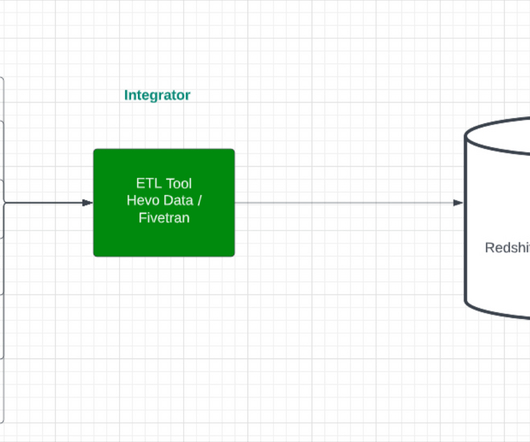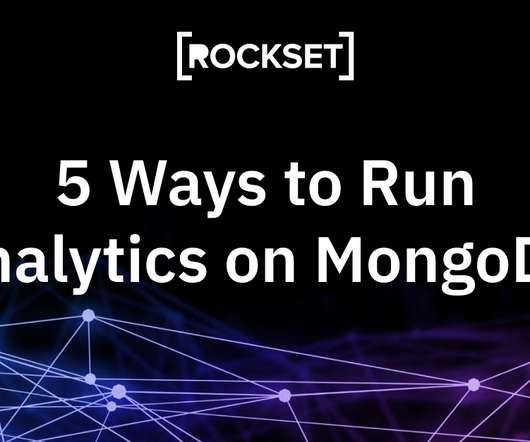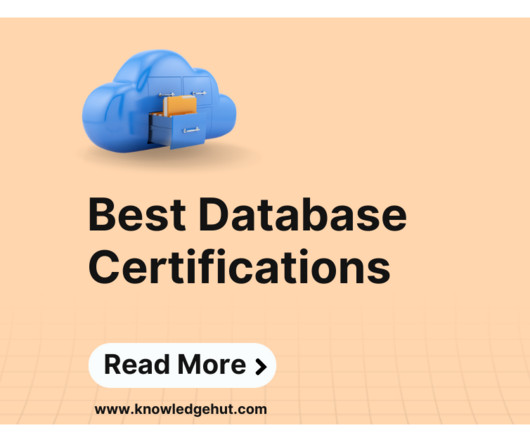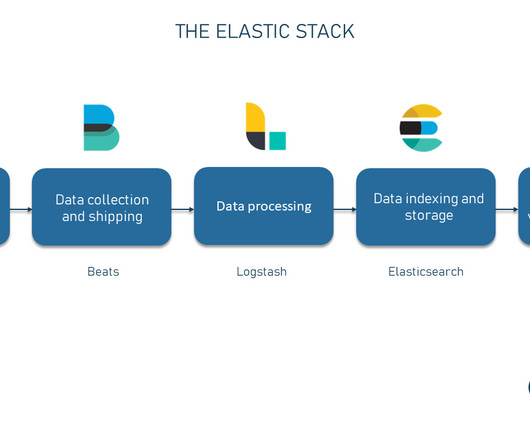Data Warehousing Guide: Fundamentals & Key Concepts
Monte Carlo
FEBRUARY 15, 2023
A data warehouse is an online analytical processing system that stores vast amounts of data collected within a company’s ecosystem and acts as a single source of truth to enable downstream data consumers to perform business intelligence tasks, machine learning modeling, and more.












Let's personalize your content